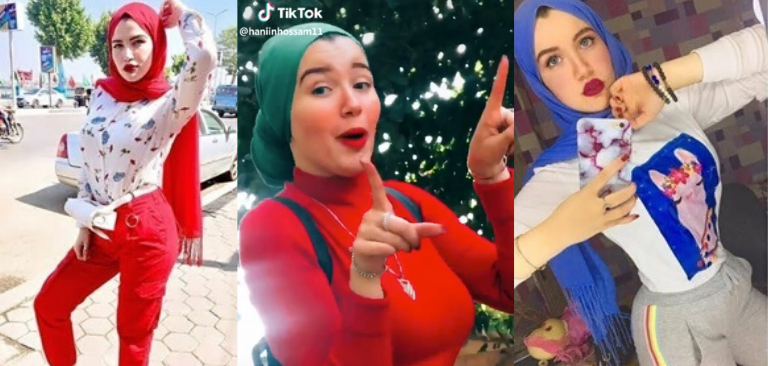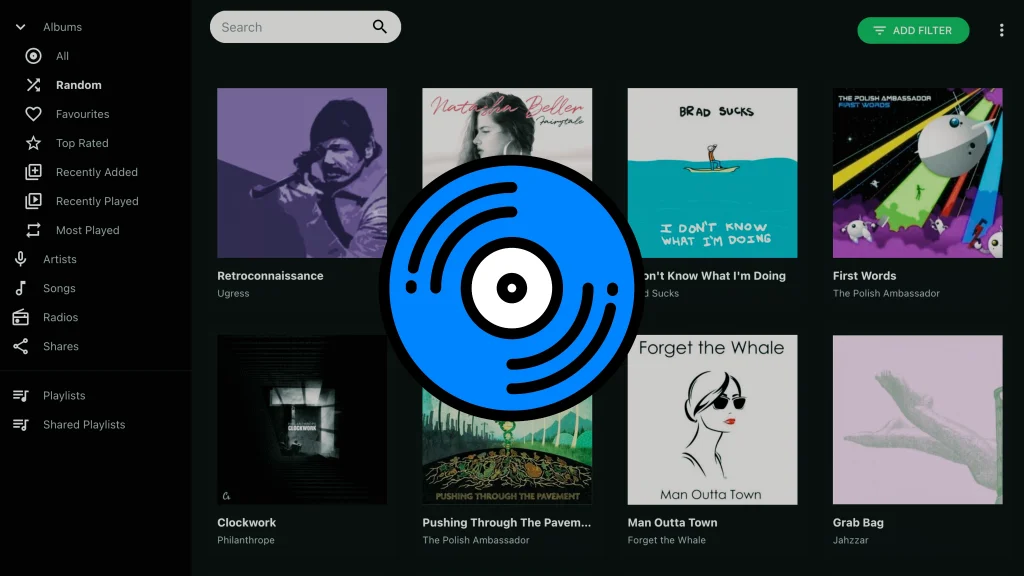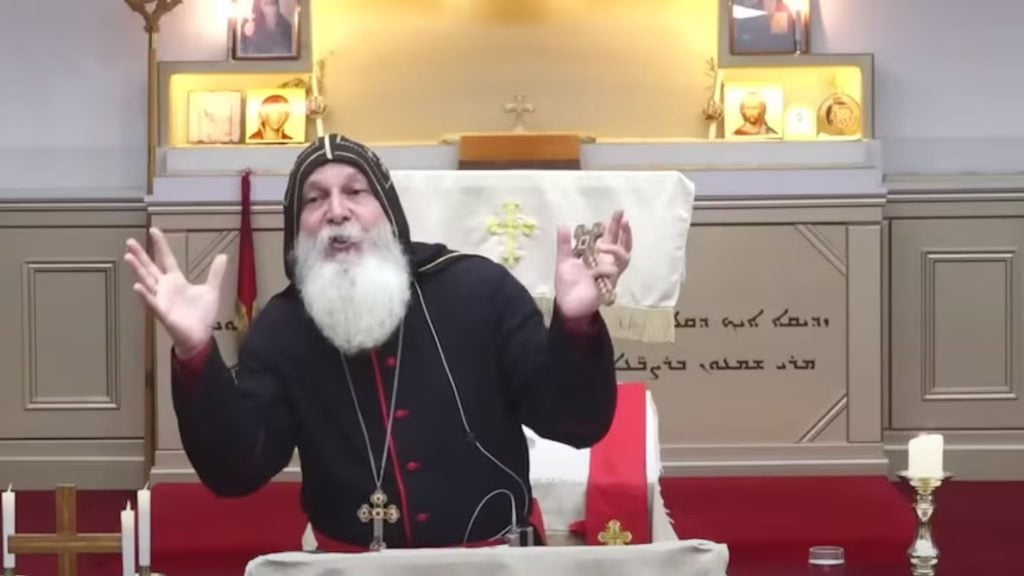Of late, Egypt has made the rounds for arresting women who were popular on social media for the content they posted online. While one among the two arrested women is a social media influencer, the other is a dancer. These two women were charged with “debauchery” and “inciting immorality.”
After arresting Haneen Hossam, the 20-year-old social media influencer and the dancer Sama el-Masry, Egyptian lawmakers have declared that they would intensify their surveillance efforts on women across social media platforms. Both Hossam and el-Masry are facing a 15-day detention as the content they posted was “indecent.”
“Because of a lack of surveillance some people are exploiting these apps in a manner that violates public morals and Egypt’s customs and traditions,” said MP John Talaat, who also requested the Egyptian Prime Minister Mostafa Madbouly to monitor and censor “unethical” and “inappropriate” videos posted on social media platforms.
For a long time now, Egypt has been known for censoring and suppressing its citizens online. Their draconian cyber crime laws also stand as a strong testament to the country’s ironclad approach towards censorship and surveillance. What’s more, in 2020 alone, nine women have been arrested for the content they posted on social platforms such as TikTok.
While nations such as the USA and India have tried to block the app from their respective countries – the USA decision pending – due to geopolitical tensions, it isn’t the same with Egypt.
In Egypt, arrests, surveillance, and censorship are connected to morality as well. That being said, there is no fine line drawn when it comes to what separates morality and immorality of the content posted online. The same is true from the legality perspective as well. There is no clear definition as to what kind of content is considered illegal when posted online.
Salma el Hosseiny from the International Service for Human Rights aptly describes the ambiguity of laws surrounding the content women are permitted to post online.
“They themselves would have never imagined that they would go to jail and be sentenced for what they were doing, because what they’re doing is basically what everyone else does on social media,” said El Hosseiny. “Singing and dancing as if you would at an Egyptian wedding, for example.”
She also said that women from working class or middle-class backgrounds were prone to getting arrested when compared to women from the elite class of the nation.
“You have social media influencers who come from elite backgrounds, or upper-middle class, or rich classes in Egypt, who would post the same type of content. These women are working-class women. They have stepped out of what is permitted for them,” says Hosseiny.
All the women arrested in the recent past for the content they posted online were charged under the cybercrime law that was passed in 2018. Apart from which, there also are some more existing laws under the country’s penal code that apply to women in particular.
A researcher at the Tahrir Institute for Middle East Policy in Washington, Yasmin Omar, said that these cybercrime laws that are responsible for arresting women for online content are generally vague in nature. They apparently are written using “broad terms” and could easily end up criminalizing aspects that would put personal freedom at jeopardy.
“Looking at it, you would see that anything you might post on social media, anything that you may use post on social media, anything that you may use [on] the internet could be criminalized under this very wide umbrella,” says Yasmin Omar.
Simply put, the Egyptian government is passing laws in favour of censoring online content as it pleases. With social media consumption and use seeing an unprecedented rise during the lockdowns, the Egyptian government is focusing more on popular apps such as TikTok for conducting surveillance and enforcing censorship.
Egypt, moreover, is also arresting citizens that are expressing dissent against the government’s doings. “The state is simply arresting whoever says anything that criticizes its policy, its laws, its practices… even if it’s just joking. It’s not even allowed,” says Omar.
Digging deeper into the arrests surrounding social media posts, it also becomes clear that arrests are not just related to censoring opinions that are critical of the government. But to enforce cultural norms and obligations as well.
Moving further, the Egyptian government’s intense surveillance and censorship is also politically motivated. Back in the 2011 elections in the country, Hosni Mubarak’s oppressive regime and dictatorship was overthrown, with a large part being played by social media as well.
A professor at the University of Oklahoma, Samer Shehata, explained why Egypt was hell bent on suppressing free speech over the internet.
“I think there has been a heightened paranoia as a result of hysteria… about the possible political consequences of social media. I think that they certainly have those kinds of concerns in the back of their minds as well.”
Forceful enforcement of cultural norms and political motivations marks the rising online censorship and surveillance in Egypt.
If you're tired of censorship and dystopian threats against civil liberties, subscribe to Reclaim The Net.









